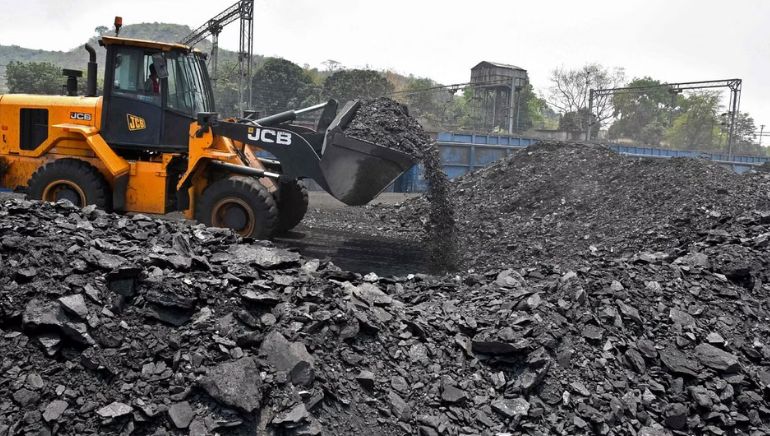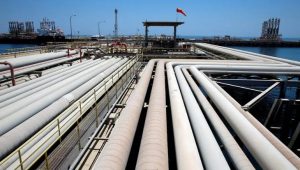India is taking a significant step towards enhancing its steel production capabilities by planning to establish a state-backed consortium for the import of coking coal. This initiative reflects the country’s strategic approach to secure a steady supply of this crucial raw material, essential for steel manufacturing. The move aims to mitigate the risks associated with volatile global markets and ensure a more stable and cost-effective supply chain for the nation’s burgeoning steel industry.
Coking coal, a vital ingredient in steel production, has traditionally been a significant import for India, given the limited domestic reserves of high-quality coking coal. The reliance on foreign supplies has often left Indian steel manufacturers vulnerable to market fluctuations, including price volatility and supply disruptions. By forming a state-backed consortium, the Indian government seeks to aggregate demand from various steel producers, providing them with better bargaining power and more stable procurement terms.
The consortium is expected to include major public and private sector steel companies. This collaborative approach allows for pooling resources, sharing risks, and achieving economies of scale in coking coal procurement. Furthermore, a collective strategy could open doors for long-term supply contracts and partnerships with coal-producing countries, leading to more favorable terms and enhanced supply security.
Another critical aspect of this initiative is the potential reduction in the cost of steel production. By securing coking coal at more competitive prices and with more predictable supply lines, the consortium can help reduce overall production costs. This, in turn, could make Indian steel more competitive in the global market, boosting exports and contributing to the country’s economic growth.
Additionally, the consortium aligns with India’s broader objectives of self-reliance and economic resilience. In the wake of global supply chain challenges, having a more controlled and efficient procurement process for essential raw materials is crucial. It not only supports the domestic steel industry but also reduces the country’s vulnerability to external economic shocks.














